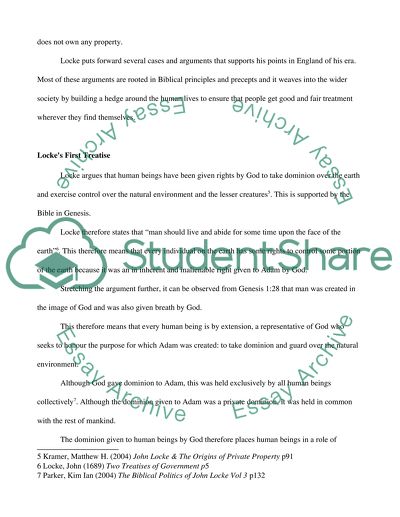Cite this document
(The Significance of Property in Locke's Theory of Natural Rights Essay Example | Topics and Well Written Essays - 2500 words, n.d.)
The Significance of Property in Locke's Theory of Natural Rights Essay Example | Topics and Well Written Essays - 2500 words. https://studentshare.org/law/1578321-explain-the-significance-of-property-in-lockes-theory-of-natural-rights
The Significance of Property in Locke's Theory of Natural Rights Essay Example | Topics and Well Written Essays - 2500 words. https://studentshare.org/law/1578321-explain-the-significance-of-property-in-lockes-theory-of-natural-rights
(The Significance of Property in Locke'S Theory of Natural Rights Essay Example | Topics and Well Written Essays - 2500 Words)
The Significance of Property in Locke'S Theory of Natural Rights Essay Example | Topics and Well Written Essays - 2500 Words. https://studentshare.org/law/1578321-explain-the-significance-of-property-in-lockes-theory-of-natural-rights.
The Significance of Property in Locke'S Theory of Natural Rights Essay Example | Topics and Well Written Essays - 2500 Words. https://studentshare.org/law/1578321-explain-the-significance-of-property-in-lockes-theory-of-natural-rights.
“The Significance of Property in Locke'S Theory of Natural Rights Essay Example | Topics and Well Written Essays - 2500 Words”. https://studentshare.org/law/1578321-explain-the-significance-of-property-in-lockes-theory-of-natural-rights.


